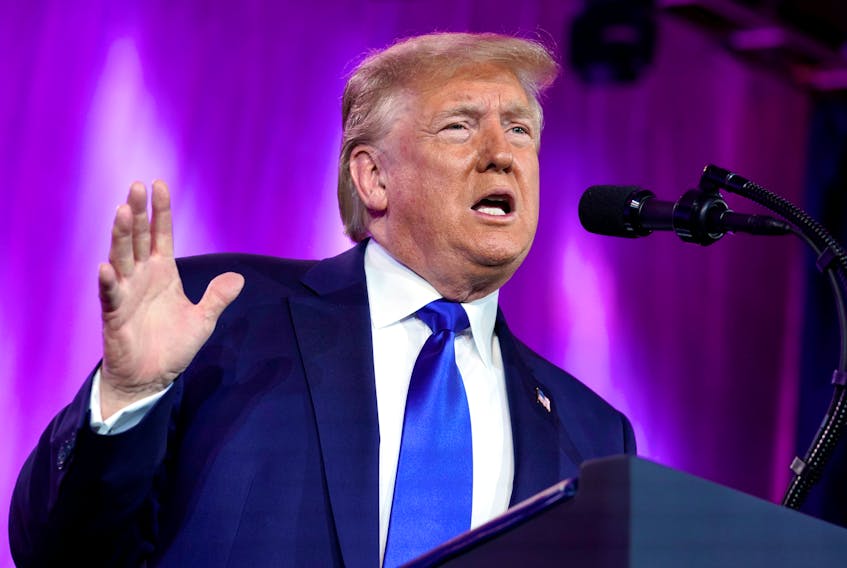Let’s talk about numbers, and the concept of false equivalence.
In the United States, President Donald Trump has argued that his country can’t afford a prolonged shutdown — that the economy is more important than the scores of deaths of Americans who would develop COVID-19 as a result of reopening business and industry before the pandemic is under control.
His argument? That the possible pandemic deaths that would result from restarting business are an acceptable trade-off for protecting the U.S. economy. The example he uses is that 40,000 Americans die every year as a result of traffic-related fatalities, and that’s the price that every American pays to have an effective high-speed road system.
Americans, he suggests, accept those risks in exchange for the ability to travel quickly and easily.
It’s a sentiment that’s been echoed by other senior Republicans.
And it sounds like a compelling argument, on its face.
Except it’s false.
Let’s talk about numbers, and the concept of false equivalence.
Because if throwing your hands up in the air and accepting road accidents was actually part of driving, more than 325,000 Americans would be dead.
You don’t have to look any further than the American lives that have been saved by seatbelts.
Trump’s own government points that out daily. The National Highway Traffic Safety Administration states, “(An) NHTSA study of lives saved by vehicle technologies found that, between 1960 and 2012, seatbelts saved more lives — 329,715 to be exact — than all other vehicle technologies combined, including airbags, energy-absorbing steering assemblies, and electronic stability control.” In 2016, the number of American lives saved by seatbelts was nearly 15,000.
Even with those saved lives, the automobile industry has continued to build more and more lifesaving features into cars — from blind-spot warnings to automatic braking for hazards, and the list goes on.
The 40,000 number isn’t considered “acceptable.”
It’s considered a challenge.
To be clear, there are economic issues related to widespread shutdowns due to COVID-19. Government borrowing, risks to business operations, stock market losses — all of that is obvious and quantifiable.
But there are also the economic losses of reopening too early. To be blunt, people who are dead don’t buy houses, purchase consumer goods or stay at resorts. Doctors who are dead don’t prevent others from dying. Skilled employees who are gone aren’t simply replaced off the street from a magical wellspring of experienced workers just waiting to walk into jobs.
Balance says that driving doesn’t mean taking off your seatbelt, disabling your airbag, driving on bald tires at any speed you want while shrugging and saying, “It’s the cost we accept for being able to drive.”
The problem with the argument is a simple one: if you’re making that argument, you’re assuming you’re not the one who’s going to die.
You can be wrong on that as well.









